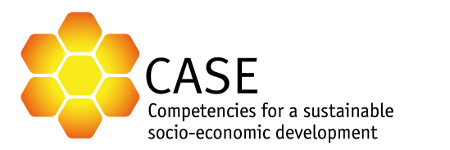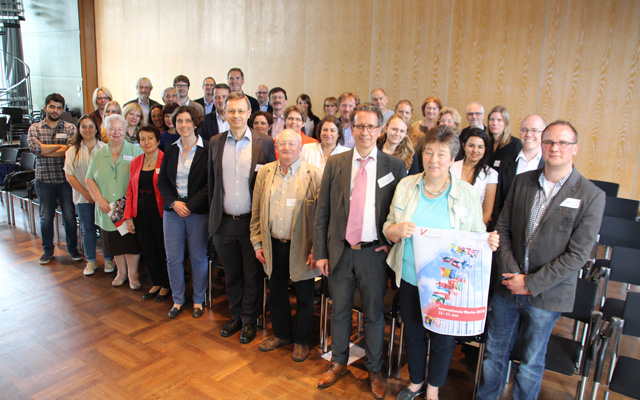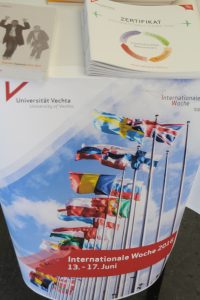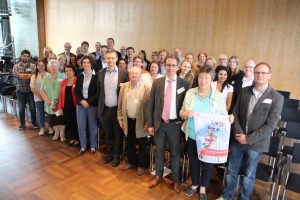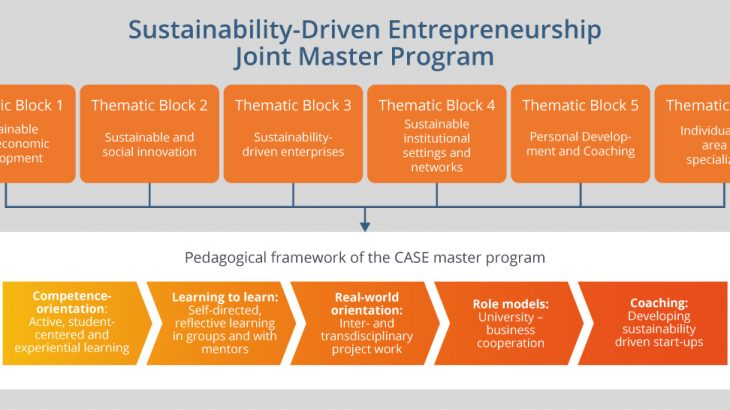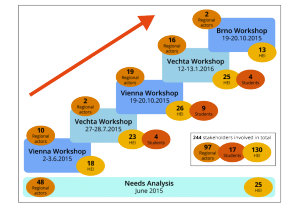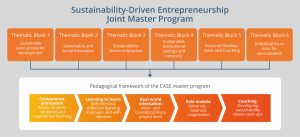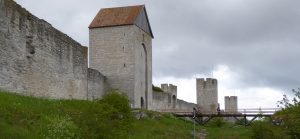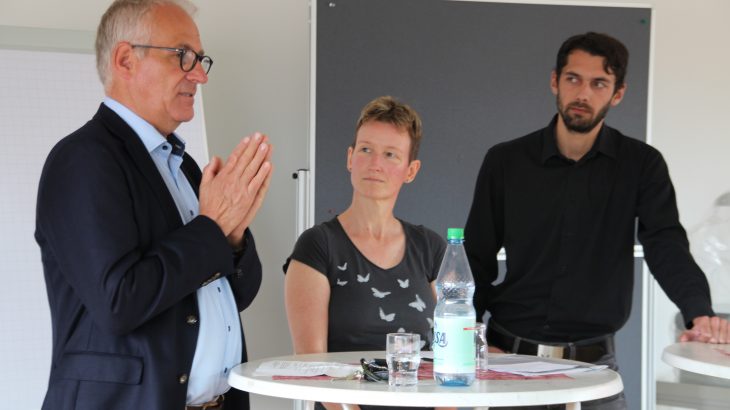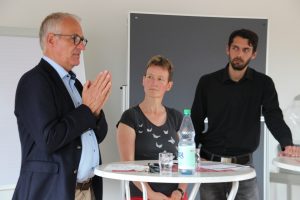From 13th to 17th of June 2016, experts for sustainability and education visited the University of Vechta and contributed to the running courses with lectures and workshops.
This was possible owing to the International Week that is organized and funded by the International Office of the University of Vechta: All professors have the possibility of inviting guest lecturers from around the world. Prof Dr Marco Rieckmann had invited Dr Lynne Wyness (Plymouth University), Dr Roger Cutting (Plymouth University), the PhD student Laure Yeo (Plymouth University), Dr Patricia Aguirre Mejía (Universidad Técnica del Norte, Ecuador), Katharina Steinlechner (Universidad Técnica del Norte, Ecuador), and Andrea Perneth (Universidad de Antioquia, Columbia).
Besides their contribution in courses (e.g. with value-based learning or with inputs on ESD at Plymouth University and sustainability challenges in Ecuador), there was time to discuss the CASE project, the draft for the CASE Master program and issues of capacity building for teaching staff. These discussions were inspiring and we thank our guests for their feedback and theirs ideas!
